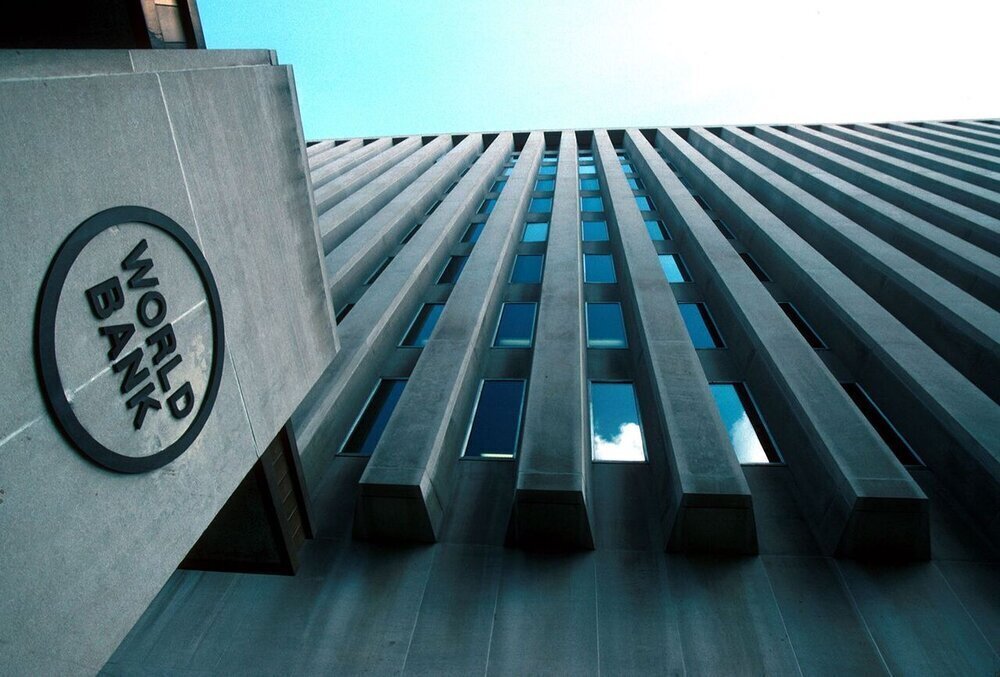Iran’s economy to grow 3.2% in 2024: WB

TEHRAN - The World Bank (WB), in its latest report, predicted that Iran’s economy will grow 3.2 percent in 2024 and the inflation rate will decrease to 35 percent.
According to the estimate of the international body, Iran’s economy experienced a five percent growth and a 40.8 percent inflation in 2023.
The bank has forecast that the industrial sector in Iran will take the lead in 2024, experiencing a 4.9 percent growth, followed by the services and agricultural sectors with a 2.7 and 0.9 percent growth.
In addition, the World Bank has predicted that Iran’s export of goods and services will exceed 7.1 percent in 2024 compared to the preceding year.
Also, the bank expects that import of products into the country will experience a 1.8 percent growth in 2024 compared to a year earlier.
The balance of Iran’s current accounts will also experience positive growth and reach 2.7 percent of the gross domestic product (GDP) in 2024.
In late February, the International Monetary Fund (IMF) reported the Iranian economic growth in 2023 to be 5.4 percent.
The head of Iran’s Plan and Budget Organization (PBO) said the country’s 5.4 percent economic growth in 2023 was the second-highest rate in the world.
IMF also increased its estimate of Iran’s economic growth in 2024, citing a higher-than-expected surge in the country’s oil production.
The IMF, in its report published on February 22, forecast a 3.7 percent economic growth for Iran in 2024 while the figure in its October prediction was 2.5 percent.
The IMF data showed that Iran’s economic growth reached 5.4% in 2023 while the international agency had predicted a three percent growth for the country in the previous year.
Iran’s oil and gas industry’s development has a direct impact on the country’s economic growth, as the effect was felt during the previous administration’s term, when the U.S. withdrawal from the Iran nuclear deal, formally known as the Joint Comprehensive Plan of Action (JCPOA), and reimposition of sanctions reduced Iran’s oil production and exports and even led to negative gross domestic product (GDP) for a couple of years.
Taking office in August 2021, the 13th administration put the increase in oil production and exports on the top of the agenda and stressed the need to neutralize the sanctions and avoid tying people’s livelihoods to the revival of the JCPOA.
Although the sanctions on Iran’s oil industry and exports were ramped up by the U.S., the country witnessed a 40 percent increase in its oil exports at the end of the Iranian calendar year of 1400, which ended on March 20, 2022.
After 30 months, the oil industry ranked first among other sectors, including the agricultural and service sectors, in terms of economic growth, making the largest contribution to the country’s economic growth.
Iran’s oil sector achieved strong growth in the first nine months of the current Iranian calendar year (starting March 21, 2023), registering a 292 percent rise year-on-year.
The sector’s growth soared to 22.4 percent from 5.7 percent, making Iran’s economic cake bigger.
EF/
Leave a Comment